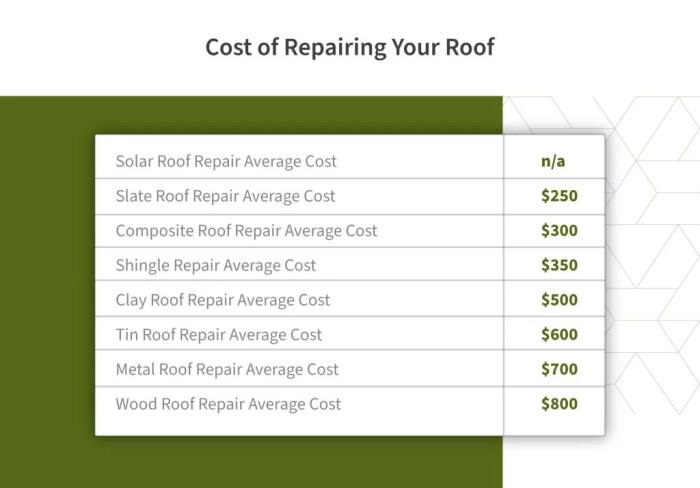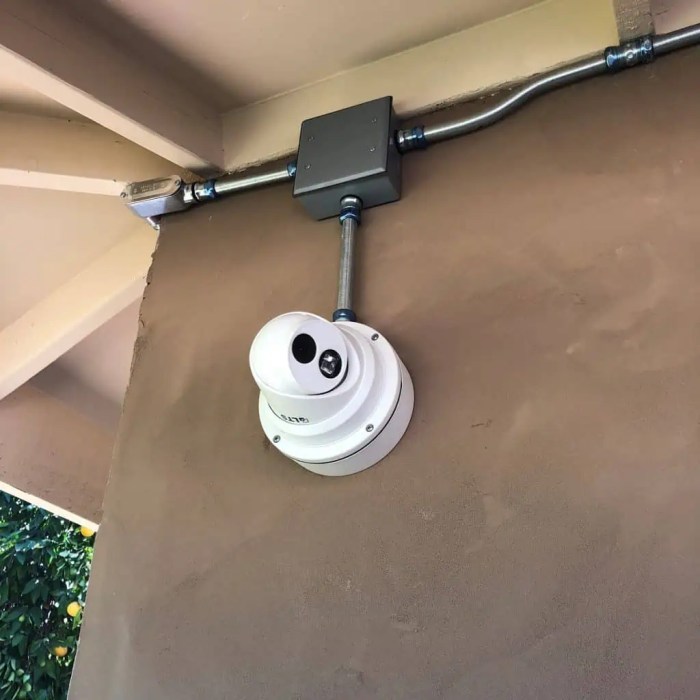How Health Conditions Affect Home Insurance Eligibility: Understanding the Impact
Exploring the intricate relationship between health conditions and home insurance eligibility sheds light on a crucial aspect of insurance coverage. Delve into the complexities of how pre-existing health conditions influence your ability to secure home insurance, uncovering key insights along the way.
Detailing the underwriting criteria and policy exclusions related to health conditions, this discussion aims to provide clarity on navigating the nuances of home insurance coverage amidst health challenges.
How Health Conditions Affect Home Insurance Eligibility

When it comes to securing home insurance, your health condition can play a significant role in determining your eligibility. Insurance companies may take into account pre-existing health conditions when assessing the risk associated with insuring your home. Let's explore how different health conditions can impact your eligibility for home insurance.
Types of Health Conditions That May Affect Home Insurance Eligibility
- Cardiovascular Conditions: Heart-related issues such as a history of heart attacks, high blood pressure, or heart disease can impact home insurance eligibility.
- Respiratory Conditions: Chronic respiratory conditions like asthma or COPD may be considered by insurers when determining eligibility.
- Mental Health Conditions: Conditions such as depression, anxiety, or PTSD can also influence home insurance eligibility.
- Diabetes: Individuals with diabetes may face challenges in obtaining home insurance due to the associated health risks.
Examples of Health Conditions That Commonly Impact Home Insurance Eligibility
- Obesity: Being overweight or obese can lead to various health issues that may affect your eligibility for home insurance.
- Cancer: A history of cancer or ongoing cancer treatment can impact insurance eligibility due to the potential for medical complications.
- Stroke: Individuals with a history of strokes may face difficulties in securing home insurance coverage.
- Autoimmune Disorders: Conditions like lupus or rheumatoid arthritis can impact eligibility as they may require ongoing medical care.
Underwriting Criteria
:max_bytes(150000):strip_icc()/homeowners-insurance-guide_final-88e7d3469dcc4920977498f08564b234.png)
When it comes to assessing applicants with health conditions for home insurance, insurance companies use specific underwriting criteria to determine eligibility and set premiums. These criteria play a crucial role in evaluating the level of risk associated with insuring individuals with pre-existing health conditions.
Factors Considered in Underwriting Process
- Medical History: Underwriters will review an applicant's medical history to understand the nature and severity of any health conditions present.
- Current Health Status: The current health status of the applicant, including any ongoing treatments or medications, will also be taken into account.
- Risk Assessment: Underwriters assess the level of risk associated with insuring an individual with a particular health condition and determine the impact it may have on the policy.
- Probability of Claims: The likelihood of the applicant making claims related to their health condition is a key factor in the underwriting process.
Premium Determination for Individuals with Health Conditions
- Risk-Based Pricing: Insurance companies may use risk-based pricing to determine premiums for individuals with health conditions. This means that higher-risk applicants may be charged higher premiums to offset the increased likelihood of claims.
- Underwriting Guidelines: Insurance companies have specific underwriting guidelines that Artikel how health conditions are factored into premium calculations. These guidelines help ensure fairness and consistency in premium determination.
- Individual Assessment: Each applicant with a health condition is assessed individually based on their specific circumstances, allowing for personalized premium pricing.
Policy Exclusions and Limitations
When it comes to health conditions and home insurance, there are certain exclusions and limitations that policyholders need to be aware of to ensure they have adequate coverage in place.
Common Exclusions and Limitations
- Pre-existing health conditions: Home insurance policies may exclude coverage for damages related to pre-existing health conditions of the policyholder.
- Intentional self-injury: Any damages caused intentionally by the policyholder due to a health condition may not be covered by the insurance policy.
- Non-disclosure of health conditions: If a policyholder fails to disclose their health conditions at the time of applying for coverage, it may lead to limitations or exclusions in their policy.
Specific Health Conditions Leading to Policy Exclusions
- Severe mental health disorders: Conditions such as severe depression or schizophrenia may lead to policy exclusions as they can pose a risk to the property.
- Terminal illnesses: Certain terminal illnesses that may affect the ability of the policyholder to maintain the property may lead to limitations in coverage.
- High-risk medical procedures: Undergoing high-risk medical procedures may result in exclusions or limitations in the home insurance policy.
Navigating Limitations in Home Insurance Coverage
- Full disclosure: It is crucial for policyholders to fully disclose all their health conditions when applying for home insurance to avoid any future exclusions or limitations.
- Review policy terms: Policyholders should carefully review the terms of their insurance policy to understand any exclusions or limitations related to health conditions.
- Seek specialized coverage: In some cases, policyholders with specific health conditions may need to seek specialized coverage or riders to ensure adequate protection for their property.
Risk Assessment and Mitigation
When it comes to insuring individuals with health conditions, insurance companies carefully assess the associated risks to determine the appropriate coverage and premiums. This risk assessment process is crucial in ensuring that both the insurer and the policyholder are protected adequately.
Risk Assessment Strategies
- Insurance companies may request detailed medical information from applicants to assess the severity and impact of their health conditions on their ability to maintain their property.
- Underwriters may also consider the likelihood of claims related to the health condition, such as accidents or emergencies that could occur at home.
- Insurers may use actuarial data and statistical analysis to evaluate the overall risk profile of individuals with specific health conditions.
Risk Mitigation Strategies
- Policyholders can mitigate risks by implementing safety measures in their homes to reduce the likelihood of accidents or property damage.
- Regular maintenance and inspections can help prevent issues related to health conditions, such as mold growth or structural damage.
- Insurance companies may offer discounts or incentives for policyholders who take proactive steps to mitigate risks associated with their health conditions.
Tips for Improving Home Insurance Eligibility
- Disclose all relevant health information accurately and honestly when applying for home insurance to ensure proper coverage.
- Consider bundling home and health insurance policies with the same provider to potentially lower premiums and streamline coverage.
- Work with an insurance agent or broker experienced in dealing with individuals with health conditions to find the best coverage options available.
Final Summary

As we conclude this exploration of how health conditions affect home insurance eligibility, remember that understanding these dynamics can empower you to make informed decisions about your coverage. By grasping the impact of health conditions on insurance assessments and premiums, you can proactively enhance your eligibility and secure comprehensive coverage tailored to your needs.
Helpful Answers
How do pre-existing health conditions impact home insurance eligibility?
Pre-existing health conditions can affect home insurance eligibility by potentially leading to higher premiums or policy exclusions, as insurers assess the increased risk associated with these conditions. It's essential to disclose all relevant health information during the application process to ensure accurate underwriting.
What types of health conditions can impact home insurance eligibility?
Various health conditions such as chronic illnesses, mental health disorders, or lifestyle-related issues like obesity can influence home insurance eligibility. Insurers evaluate these conditions to determine the level of risk they pose to the policyholder and adjust premiums accordingly.
How can policyholders navigate limitations related to health conditions in their home insurance coverage?
Policyholders can navigate limitations related to health conditions in their home insurance coverage by understanding the exclusions and restrictions Artikeld in their policy. Working closely with their insurer and possibly seeking specialized coverage can help address specific health-related concerns.




